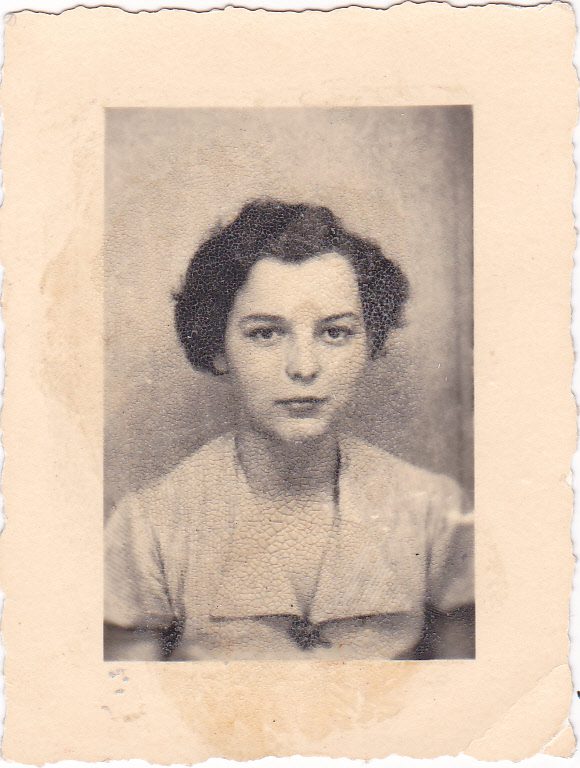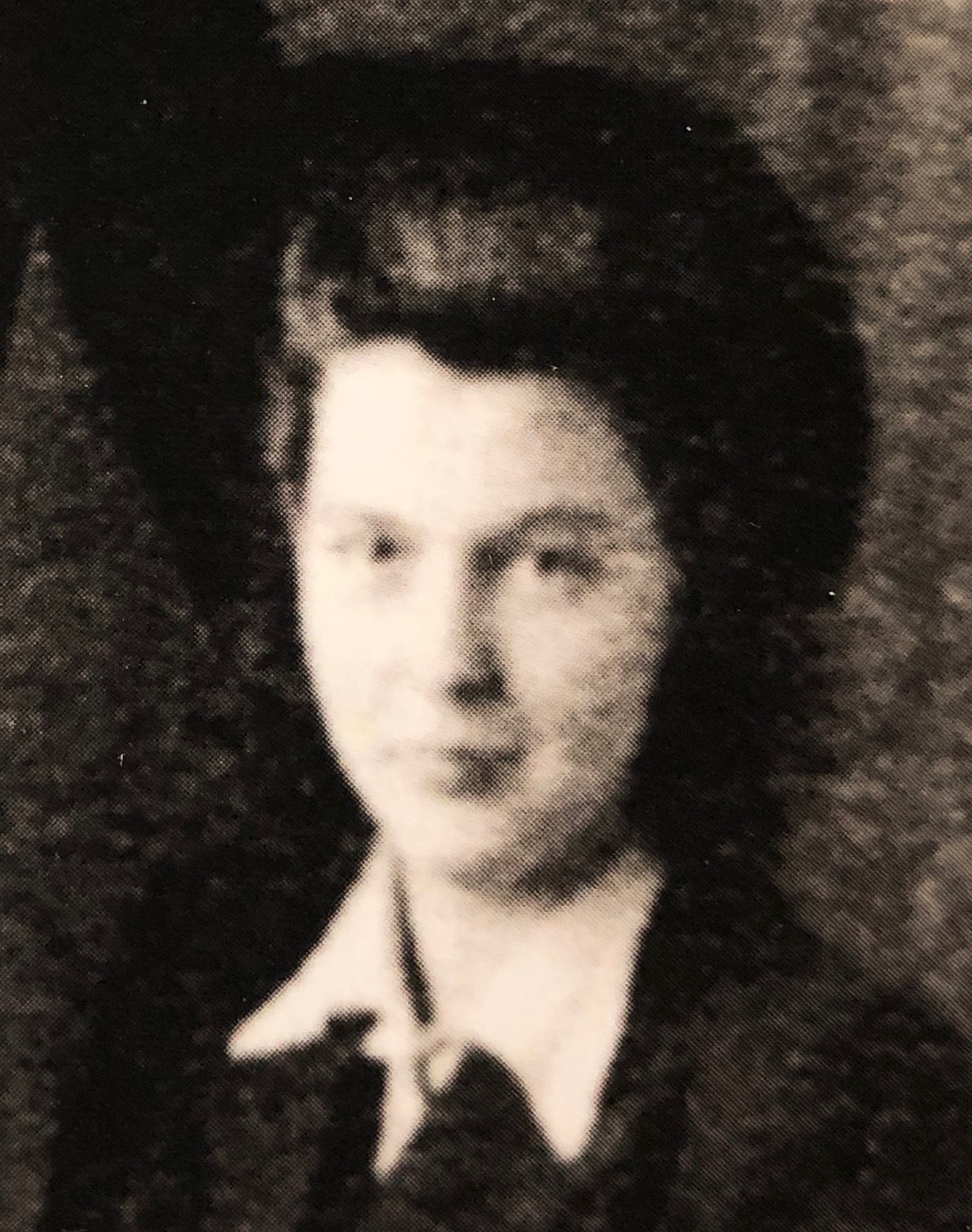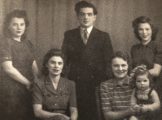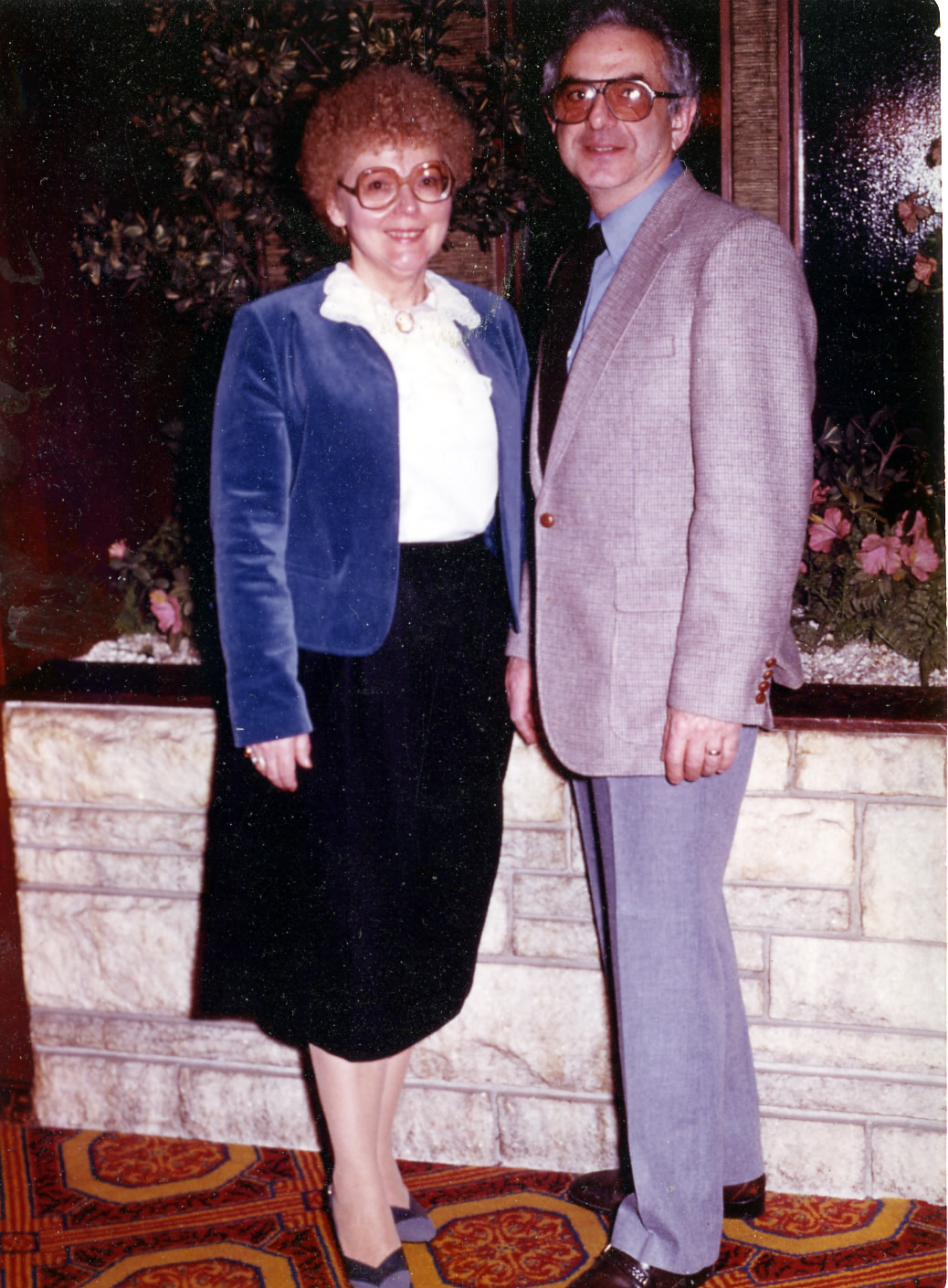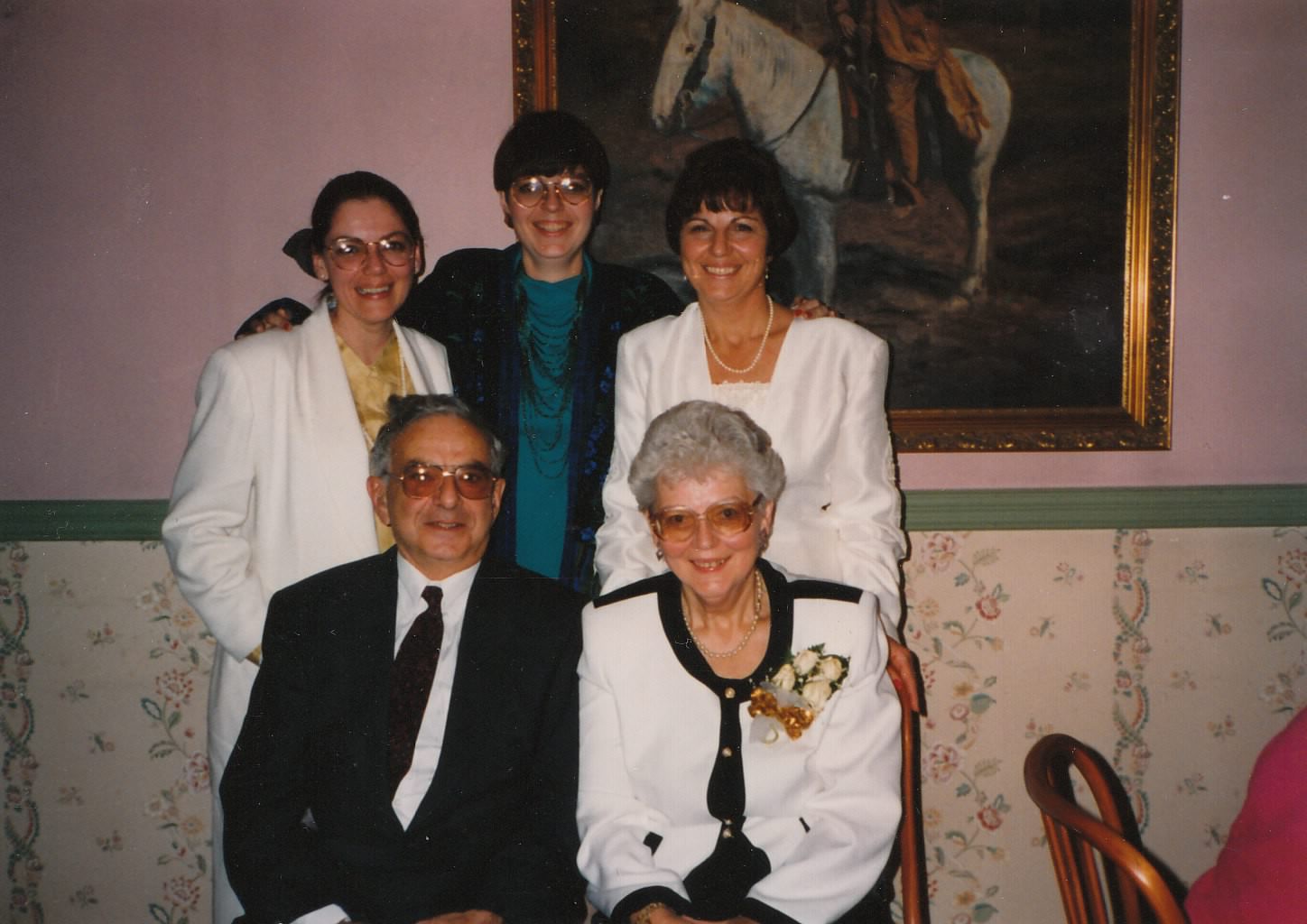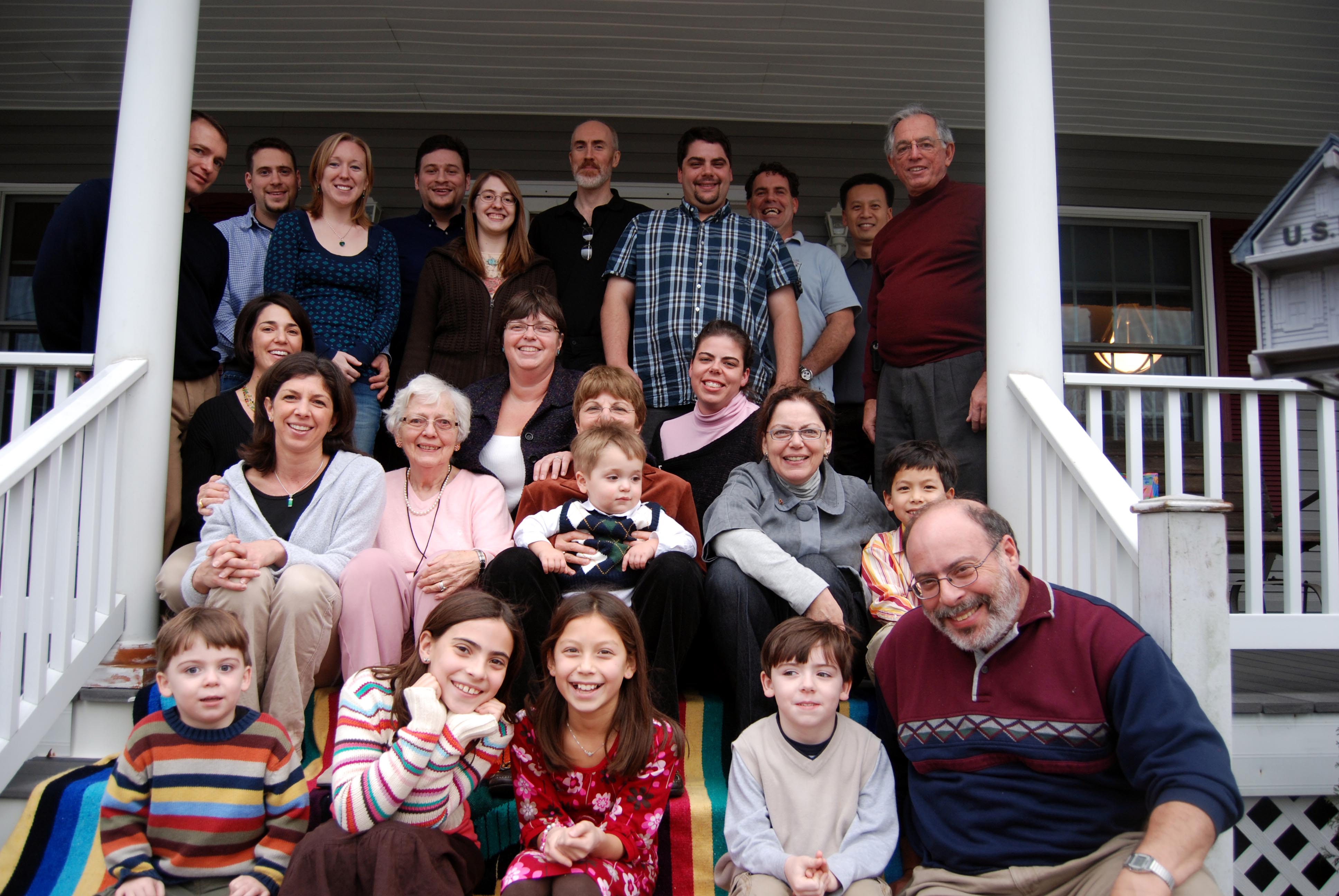- Local Survivor registry
- HANS JULIUS PFEFFER
- Local Survivor registry
- HANS JULIUS PFEFFER
Survivor Profile
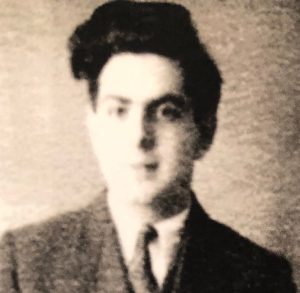
HANS
JULIUS
PFEFFER
(1923-1997)
PRE-WAR NAME:
HANS JULIUS PFEFFER
HANS JULIUS PFEFFER
PLACE OF BIRTH:
CHEMNITZ, GERMANY
CHEMNITZ, GERMANY
DATE OF BIRTH:
JANUARY 8, 1923
JANUARY 8, 1923
LOCATION(s) BEFORE THE WAR:
FRANKFURT, GERMANY
FRANKFURT, GERMANY
LOCATION(s) DURING THE WAR:
BYDOWN AND LONDON ENGLAND
BYDOWN AND LONDON ENGLAND
STATUS:
SURVIVOR REFUGEE
SURVIVOR REFUGEE
RELATED PERSON(S):
ESTHER RUTH PFEFFER - Spouse (Deceased),
JANET VIGNOLA - Daughter,
MARGARET PFAFF - Daughter,
ELLEN LAFARGUE - Daughter,
AIMEE LAM - Granddaughter,
LIANE MOSCHELLA - Granddaughter,
KIMBERLY YOUNG - Granddaughter,
RYAN MAPES - Grandson,
HANNAH LAFARGUE - Granddaughter,
BERISCH PFEFFER - Father (Deceased),
ELLA PFEFFER - Mother (Deceased),
LEO PEPPER - Cousin (Deceased),
FELIX PFEFFER - Uncle (Deceased)
-
BIOGRAPHY By nancy gorrell
Biography of Hans Pfeffer adapted from Salt of the Earth by Janet Pfeffer Vignola with Margaret Pfeffer Pfaff
Julius Hans Pfeffer (known as Hans) was born on January 8, 1923 in Chemitz, a small city in eastern Germany. His father, Berisch Pfeffer was born in Razichov (close to Lvov), Poland in 1888. He arrived in Germany at 19 and subsequently served on the side of Germany in WWI. He may have owned a furniture store or dry goods store in Chemitz. At some point Berisch married Ella. They had three children: Bella, born 1919 and Alfred who was born in 1927. Little is known about Hans’ mother excepted she was a devoted housewife and kept a Jewish home.
Hans came from a long line of Pfeffers. Janet credits Leo Pepper with the genealogical research. He discovered a descendant chart of approximately 100 Pfeffers dating back four generations to 1850 to the family patriarch, Jehudah Hirsch Pfeffer. He also discovered that 32 family members perished in the Holocaust. Janet writes that the name Pfeffer was of German origin and that “they presumably were somehow involved with Pfeffer (pepper) as merchants or perhaps were millers of peppers.
The patriarch and the matriarch Hans’ family were Mordechai and Dvora who had seven children. One of them Berisch was Hans’ father. Hans spoke little about his mother, but when he did, it was in soft tones. Janet writes, “there is no doubt he missed her all his life.” His father was a strict disciplinarian who urged Hans to study. But Hans love was playing soccer. There is much family lore about Hans and his soccer games. One story is that Hans was found by his father outside synagogue playing soccer on the day of his Bar Mitzvah when it was his time to read Torah. Hans came from a very religious family. His maternal grandfather was a rabbi.
Times became difficult for the Pfeffer family with the rise of Hitler in Germany. In November 1933 Berisch received a deportation notice from the Chemitz Police Headquarters, Foreigners Department. “You are hereby ordered to leave the territory of the German Reich within two weeks after delivering this ruling.” The country he fought for was deporting him. His father, Mordechai tried to get him to Palestine through the Zionist organizations to no avail although Berisch’s sister, Miriam was able to do so.
Berisch left Germany for Poland in the summer of 1938. Janet speculates he left for one of two reasons: either because he was deported or because he was visiting his father Mordecai, who was ill at the time. Mordechai died from illness in 1939.
Most importantly, Hans decided not to go to the train station with his father. Janet writes: “Unbeknownst to Hans, he would never see his father again. And he would feel deep and endless regret and guilt about that for the rest of his life.” After Kristallnacht, Han’s mother Ella and his sister Bella were deported by the Nazis to Lvov, Poland where they joined Berisch.
“There are no family stories of what life was life for Hans at this time.” He was alone in Germany, separated from his family, attending trade school in Frankfurt to learn carpentry. He had completed 8th grade and had to choose a trade or academic school. He chose to be a wood turner. His mother, Ella sent him to Frankfort and said they would visit. They never did. They knew how dangerous the situation was and they did not want their son to join them.
Berisch wrote a letter to his young teenage son wording it in the only way he knew would keep him away. According to Janet, he wrote in essence: “We don’t love you anymore, we don’t want you anymore, and we don’t want you to come to Poland.” It worked. Hans at this point felt the only choice he had was to leave Germany.
Hans contacted an organization called Youth Aliyah which was arranging transportation for Jewish youth to leave Nazi Germany on “Hachshara” (youth preparation for agricultural settlement in Palestine). This was the first step in leaving his family behind forever. He built himself a suitcase made of wood and took some essentials: a quilt he later gave to his first-born child, his tallis, a red velvet bag with the initials HP for his tellfillin, and a few precious photos of his family that he has today. He boarded the last train to leave Germany with Jewish youth on board to go through Holland to England.
Berisch, Ella and their daughter Bella never made it out of Poland as they were murdered by the Nazis. They might have died in the ghetto in Lvov or Radzichov or a concentration camp. Hans’ youngest brother, Alfred perished in Germany or Poland. The only member of the Pfeffer family to survive was Hans.
The specifics of the trip Hans travelled from Chemnitz, Germany to Bydown, England are unknown. What is known is that he arrived on August 11, 1939 in the port of Harwich, England. Since he was not sponsored by a British family, he was sent to the Great Engeham Farm in Ashford Kent. From there he travelled westerly across England where he found refuge and a home in a place called Bydown. He was 16 years old. Janet cites Helen Fry for information on Jews of North Devon during WWII. Hans was transferred to Bydown Training Center in Swimbridge-Barnstaple, North Devon to a former estate called Bydown House where he was educated in Zionist ideology and Jewish history. He was trained in farming, wood working and electrical skills to prepare him to go to Palestine or a kibbutz.
It was a “tranquil” place. Hans’ favorite story was how he and Esther Przepiorka met. It was over a soccer ball. Soccer was Hans’ favorite game and at Bydown, there was only one ball. The boys had it and Esther wanted it for the girls to play with. She hid it and Hans was furious. They fought over the soccer ball and, according to Janet, “fell irrevocably in love.”
At Bydown, Hans continued his education in woodworking which became his life-long livelihood. The first gift he made for Esther was a wooden frame for her 17th birthday. In May 1940 all men and boys in Bydown were arrested as possible “enemy aliens.” Luckily, Hans was not arrested.
In early 1941 the Jewish Refuge Committee disbanded Bydown due to lack of funds and leadership. The young people were sent to another training center. Esther decided to go to London instead. “Hans who was smitten with her selected London also. Thus 18-year-old Esther, and 19 year old Hans travelled 200 miles east to the most dangerous place in England in 1942, the city of London.
Janet writes that on September 14, 1942 “it was first observed that a young man (Hans) was living with Esther.” Hans and Esther had tried to get married previously but were told they were too young. Janet reveals in her interview that Esther gave Hans an ultimatum. Either they get married by the end of the month or “it was over.” Hans and Esther got married on January 31, 1943. They were married in Dollis Hill and Gladstone Park Synagogue in London. Esther was 19 years old and Hans was 20. They remained married for 54 years when Hans died in 1997.
Life during the bombing in London was very difficult but the young married couple survived. In 1944 Esther discovered she was expecting their first child. Esther testifies in Salt of the Earth that “On March 30, 1945 just as the last bombs were striking London, I started having contractions.” They named their first child Janet, after the actress Janet Gaynor because they didn’t know who was dead or alive in her family (Note: It is a Jewish naming custom to name a newborn only after a deceased relation).
In 1946 the survivors of the Pffeffer and Przepiorka families reunited in London in Hans and Esther’s home. Hans, Esther and Janet as a young child joined Helen, Margaret and Rosel. (Refer to Reunion photo in Related Media).
Hans, Esther and their daughter Janet boarded the SS Marine Jumper, a WWII Victory ship at Southhampton Seaport, England under the name Pfeffer on December 13, 1947. Esther was 24 years old, Hans almost 25 and Janet two and a half. The ship manifest listed them under “race or people” as German and under the category of nationality, “Stateless.” Janet writes, “Out of the 435 passengers, only 14 were listed as stateless, and out of those 14, three were the Pfeffers. No wonder they felt as though they were alone in the world.” Nevertheless, they were sponsored by Hans’uncle, Felix Pfeffer who came to the United States in 1920. The manifest also indicated the family of three all had tickets paid for by themselves. After ten days at sea while enduring a traumatic accident to Janet’s finger requiring surgery, Hans and Esther arrived at Pier 95 on December 23rd at the Port of New York to start a new life. It was two days before the worst snowstorm New York had seen in 20 years, but Janet writes, “they still felt safe.”
Editor’s Notes:
Refer to Janet Vignola’s Interview in Voices of the Descendants
Refer to Salt of the Earth for post war life of Hans and Esther.
-
SURVIVOR INTERVIEW
Refer to Interview with Janet Vignola, daughter, in the Voices of the Descendant’s Registry
-
Sources and Credits:
Credits:
Janet Pfeffer Vignola with Margaret Pfeffer Pfaff, Salt of the Earth (2016); SSBJCC Interview (phone) with Janet Vignola July 28, 2021; digital historic and family photographs donated by Janet Vignola and Margaret Pfaff. Salt of the Earth available online at amazon.com.
Credits:
The SSBJCC gratefully acknowledges the donation of a hardcopy of Salt of the Earth to the Holocaust Memorial and Education Center as well as digital photographs therein.


